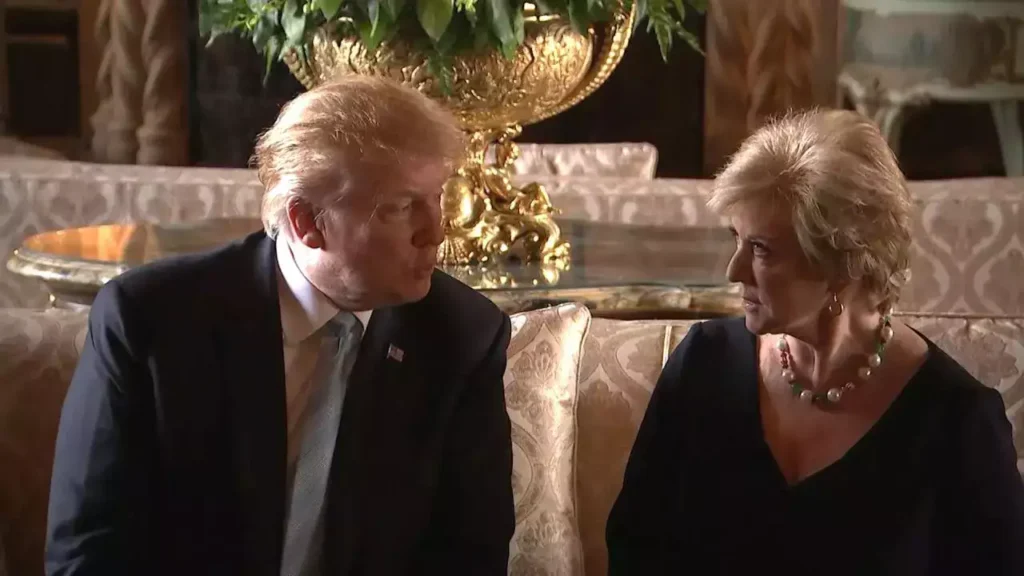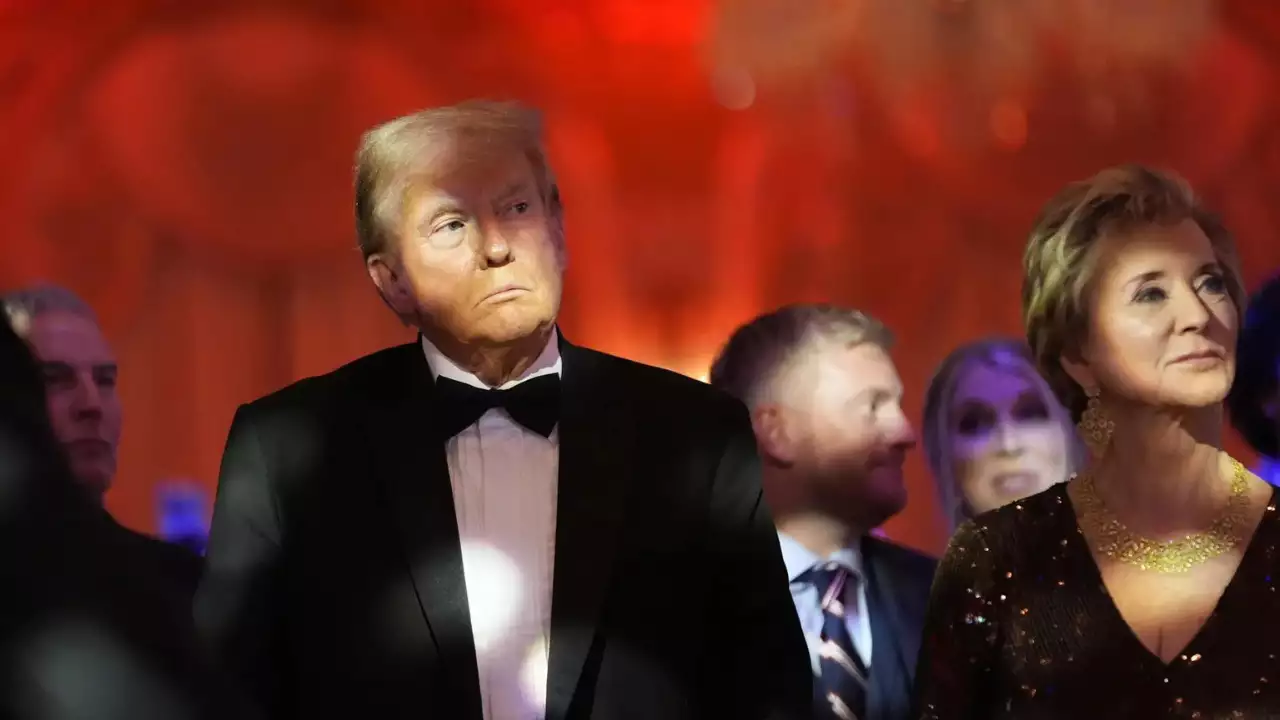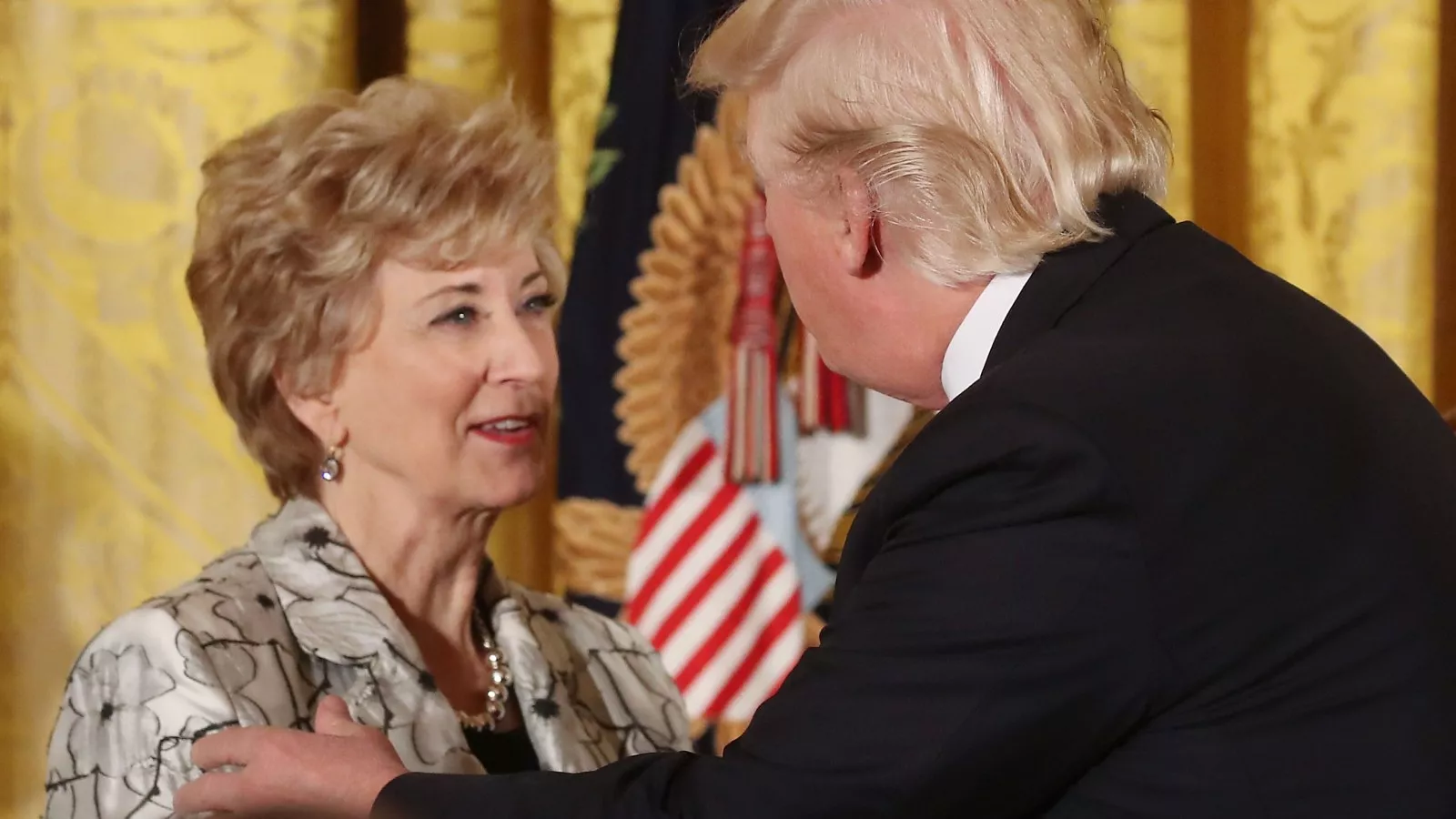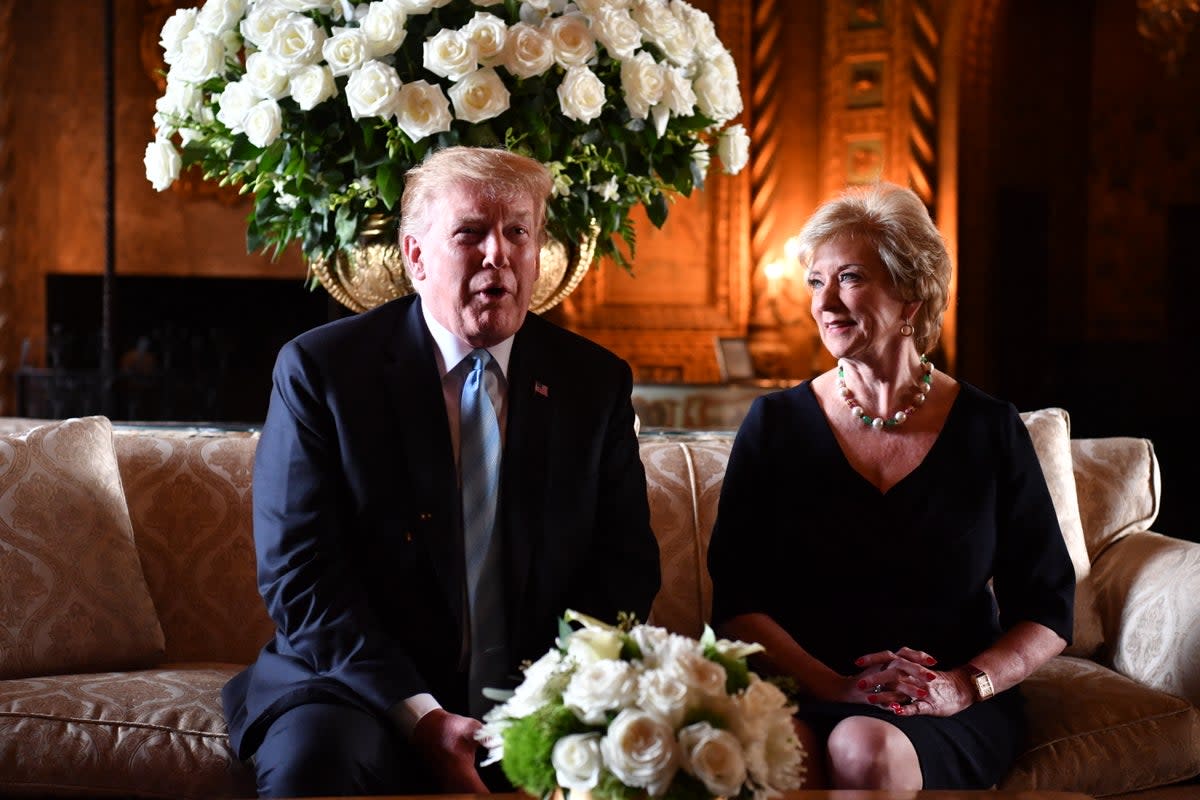
The nomination of Linda McMahon as the Secretary of Education by President-elect Donald Trump has revived scrutiny over her academic credentials and professional background. McMahon, who is known for her executive role in the wrestling world and her billionaire status, faces questions about the veracity of her educational qualifications following a discrepancy first noted over a decade ago.

Discrepancy in Educational Background
In 2009, Linda McMahon was part of a vetting process for a position on the Connecticut state board of education. During this process, she submitted a questionnaire in which she claimed to have earned a bachelor’s degree in education. However, this claim was later found to be inaccurate. East Carolina University, from where McMahon graduated in 1969, confirmed that her degree was in French, not education. The program she attended was designed to prepare teachers, but did not culminate in an education degree.
This false claim came under the spotlight again after Trump’s recent announcement to nominate her for a cabinet position, prompting a reevaluation of her suitability for the role. McMahon has been a key figure in Trump’s administration, serving previously in his cabinet and being a staunch advocate for his policies.
McMahon’s Response to the Controversy
When the discrepancy was first reported by the Hartford Courant in 2010, McMahon promptly addressed the error by writing to Jodi Rell, the governor at the time, to correct the misinformation. Despite this, the issue has resurfaced as a point of contention amid her current nomination.

Political Implications of the Nomination
McMahon’s nomination has reignited debates about her qualifications and suitability for the role of Education Secretary. Critics argue that her professional background in the wrestling entertainment industry and her lack of formal education experience make her a controversial choice for the position, echoing concerns similar to those raised about Betsy DeVos, Trump’s first education secretary.
Supporters, however, point to her leadership experience and her tenure on the board of trustees at Sacred Heart University as evidence of her capability to handle educational policies. Trump has praised McMahon as a “fierce advocate” for parental rights and has emphasized her commitment to expanding the school choice movement.
Educational and Political Stance
McMahon advocates for school choice and has been involved in educational reform through her role at the America First Policy Institute. Her stance on education aligns with Trump’s broader agenda, which has historically supported the reduction of federal involvement in education and the promotion of private and charter schools.
Her support for policies that extend Pell Grant funding to smaller educational programs has garnered bipartisan interest, though it has also faced criticism for potentially benefiting profit-driven training programs.

As Washington insiders and the public dissect McMahon’s past and her qualifications, the coming weeks are likely to be filled with debates and discussions about the potential impact of her appointment on America’s education system. Her confirmation process is expected to be contentious, reflecting the divided opinions about her candidacy and what it signifies for the future of educational leadership in the U.S.
